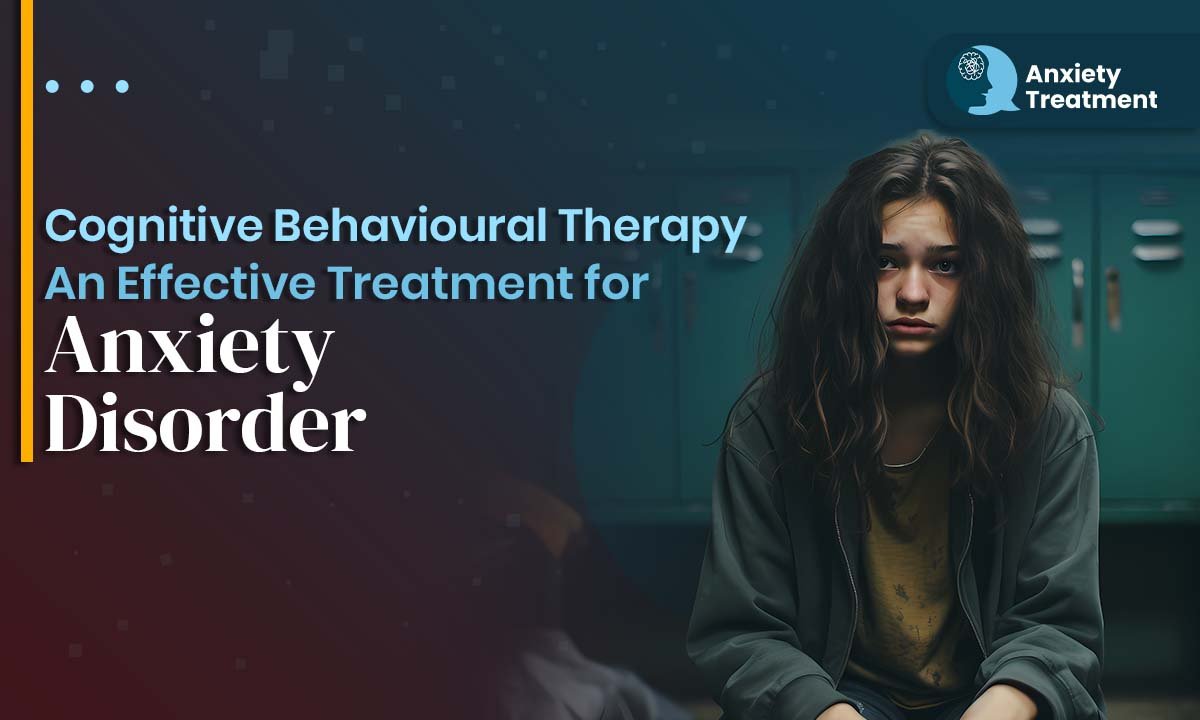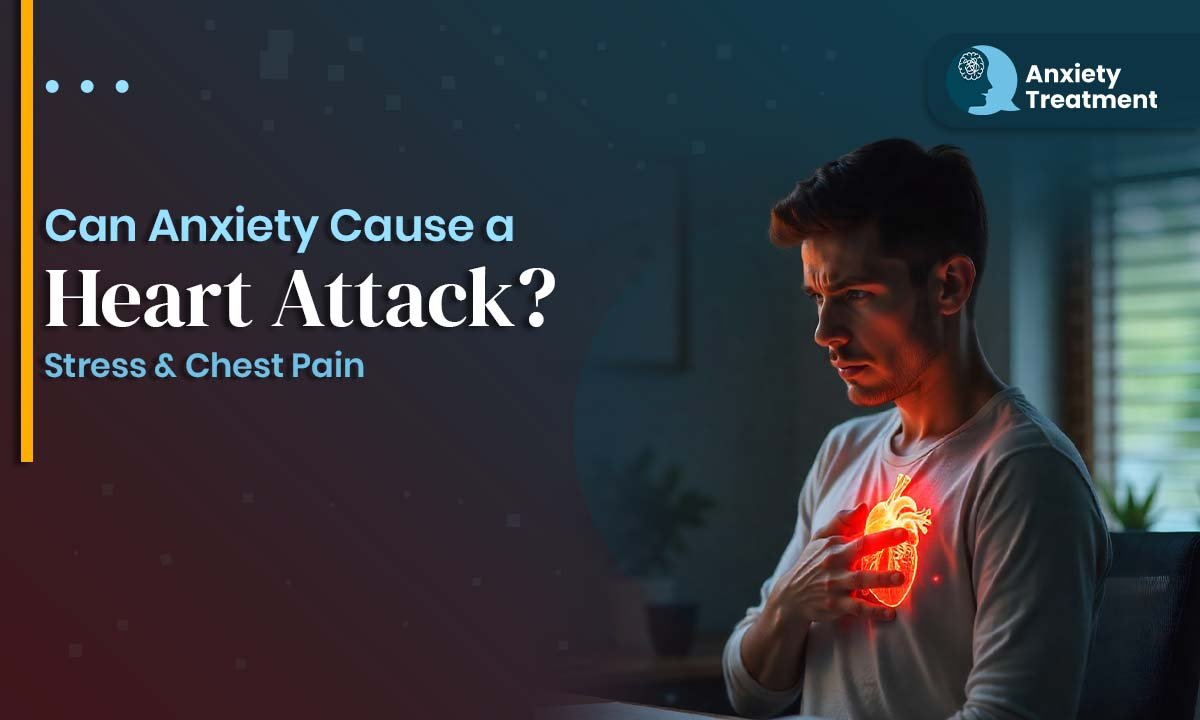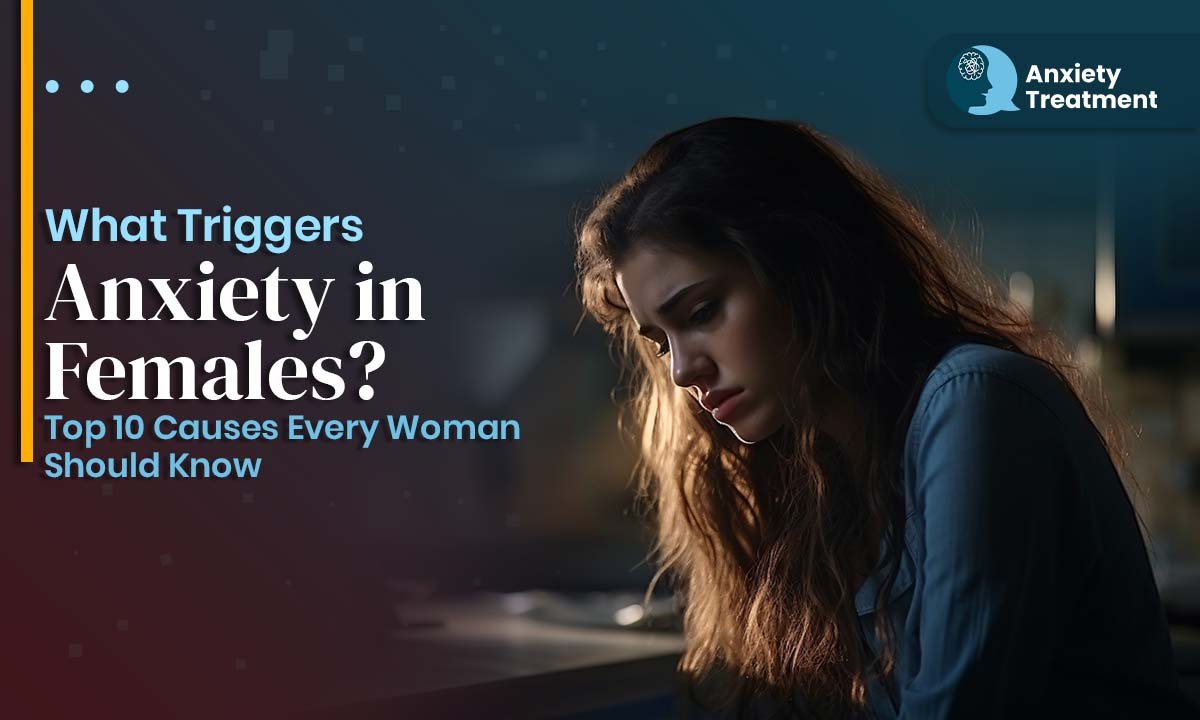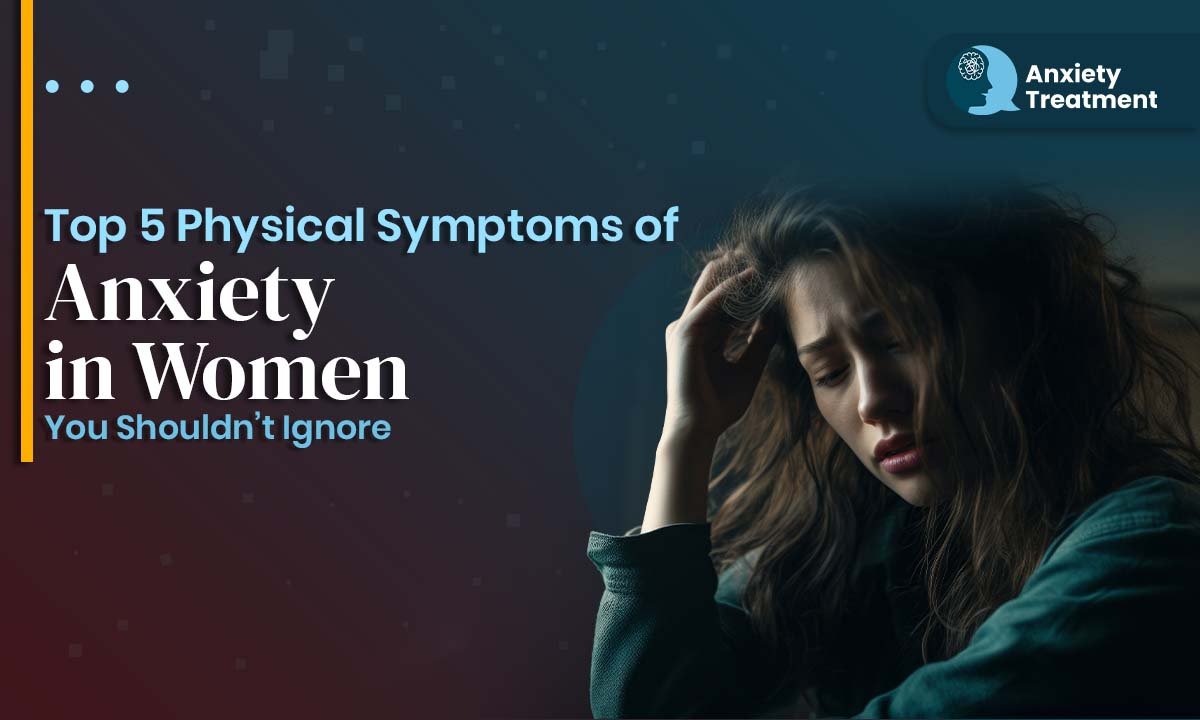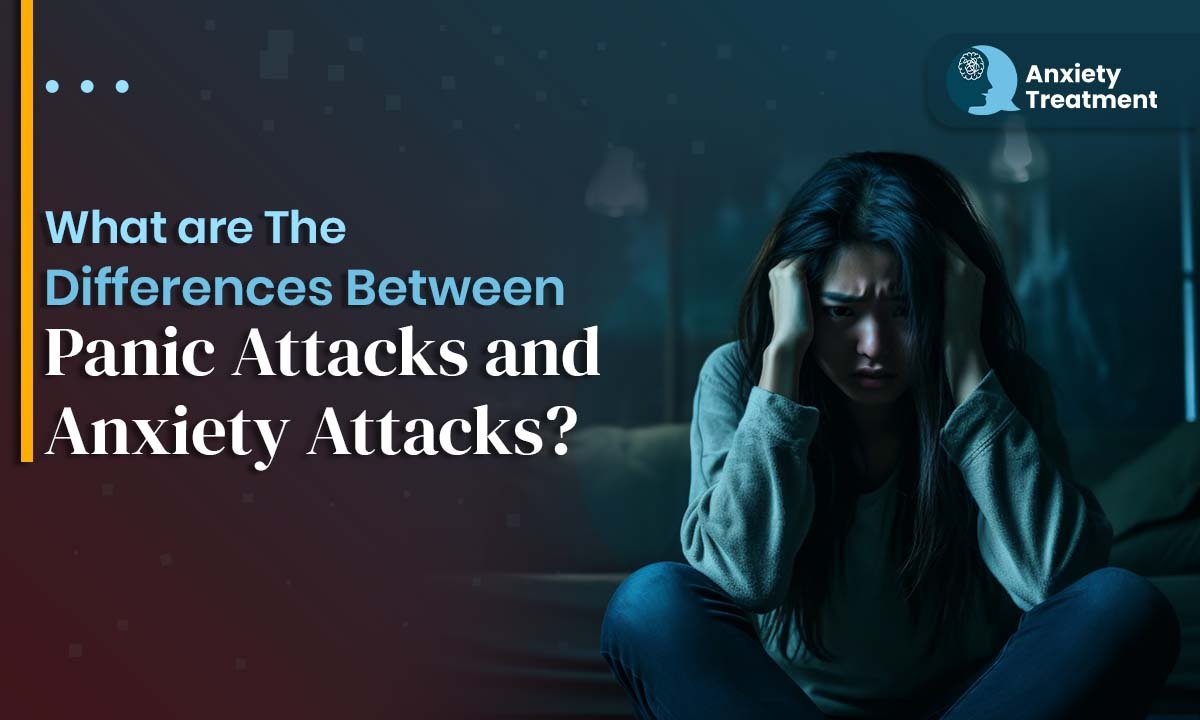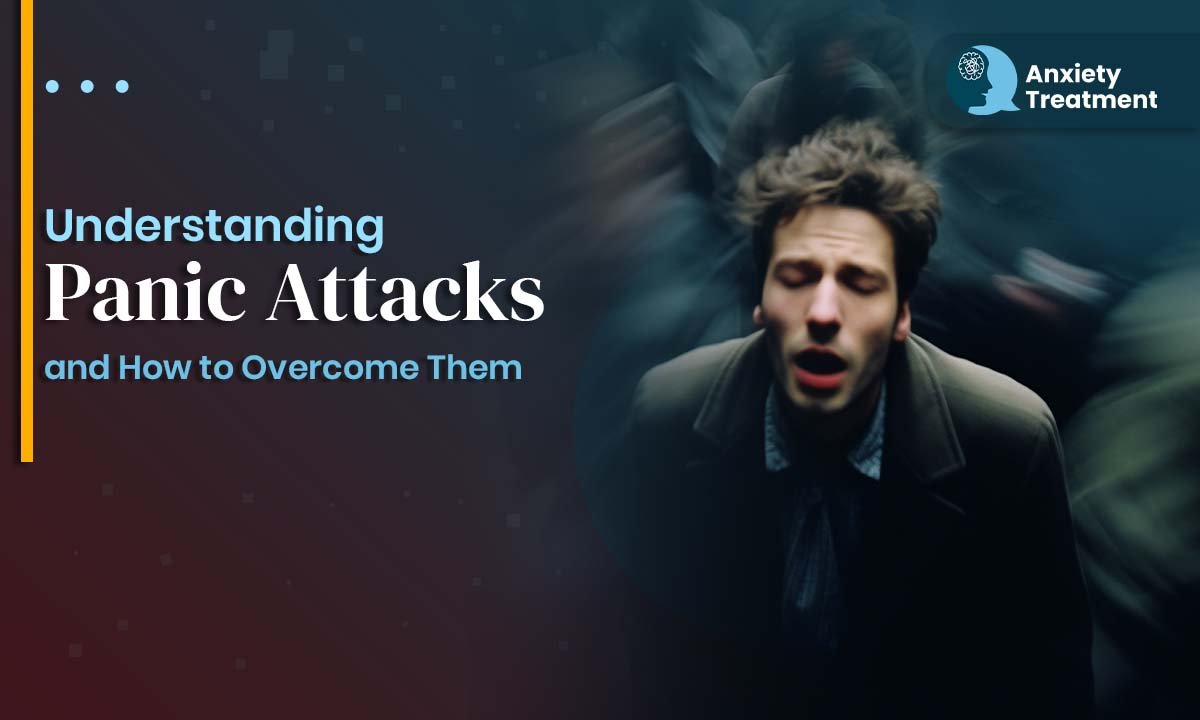Mental health concerns are real, and professionals use evidence-based techniques, such as Cognitive Behaviour Therapy (CBT), to support individuals in achieving optimal wellness. Cognitive Behaviour Therapy is a comprehensive treatment approach that can help with diverse mental health disorders related to anxiety, depression, addiction and more.
If you want to learn more about Cognitive Behaviour Therapy and its effectiveness in treating anxiety disorders, we genuinely hope this blog will help you!
What is Cognitive Behavioural Therapy?
Cognitive Behaviour Therapy is a technique that encompasses systematic principles to work on the cognitive and behavioural aspects of the individual. It is a structured technique and the duration of sessions using CBT is usually for a few weeks to a few months. Maladaptive cognitions, that is, thought processes are identified and worked upon by identifying the automatic thoughts, patterns and underlying beliefs. Furthermore, the unhealthy behaviour is also worked on through a series of steps designed to minimise the maladaptive behaviour and enhance the adaptive behaviour pattern.
Some underlying principles that can help one better understand how CBT works include:
- There can be some learnt patterns of unhelpful thoughts and behaviour
- The experiences of individuals along with automatic negative thoughts can shape their interpretation of who they are and how they perceive the world around them
- Alternative coping strategies and reframing of negative thoughts can be helpful
Overall, there are a lot of scientific studies backing the effectiveness of Cognitive Behavioural Therapy for coping with anxiety disorders.
Understanding Anxiety – Signs and Symptoms
There are diverse mental health concerns categories under anxiety disorders such as generalized anxiety disorder, phobias, panic disorder etc. Some symptoms of anxiety disorders can include:
PSYCHOLOGICAL SYMPTOMS
- Uneasiness
- Excessive worry
- Restless feeling
- Fear and nervousness
PHYSIOLOGICAL SYMPTOMS
- Breathlessness
- Muscle tension
- Sleep disturbance
- Heart palpitations
There are several different signs and symptoms of anxiety and therefore it is better to seek consultation from a qualified mental health professional for proper diagnosis.
Role of CBT in Anxiety Disorder Management
Cognitive Behaviour Therapy focuses on the identification of automatic negative thoughts that are often commonly experienced because of anxiety. These automatic negative thoughts are challenges as well as understood in-depth for identifying the core belief. Here is a glimpse of how therapist and client can work together to enhance adaptive thoughts and behaviour:
- As client shares more about their experiences, the therapist can help them identify their automatic negative thoughts.
- Gradually the short-term goals and long-term goals are set, and progress is charted and evaluated to navigate through the healing journey.
- As the conversation proceeds, underlying beliefs can also be understood and client can gain deeper insights into their concerns.
- The therapist and client can identify maladaptive behaviour, and triggers and use strategies to minimise that.
- Reframing, reward, punishment etc are a few of the many techniques that can be used as a part of the therapy process.
- Homework exercises are a common part of CBT wherein the client is encouraged to practise healthier habits.
The above-mentioned points are just a glimpse of what can occur in a therapeutic alliance with Cognitive Behaviour Strategy being the key strategy for supporting the client.
Intervention Strategies for Coping with Mental Health Illnesses
Cognitive Behavioural Therapy is an empirically supported strategy for helping individuals manage a plethora of mental health disorders including but not limited to anxiety disorders. CBT allows one to explore several exercises that are tailored to help the client in the best possible way. Two of these intervention strategies along with their purpose are mentioned below:
Cognitive Restructuring
A lot of times the way an individual interprets their external environment can impact their overall wellness. Negative cognitive distortions can develop wherein a person starts thinking from a pessimistic perspective – For example, even if the entire day went well however if while coming back home the individual finds traffic and thoughts such as ‘I hate my life’ or ‘I always find traffic’ cross one’s mind they might be automatic negative thoughts coming from a deeper core belief of the individual.
Black-and-white thinking, over-generalisation and catastrophising are some of the cognitive traps that can influence an individual’s thought process. Cognitive restricting allows the individual to become more mindful of these traps and instead of automatic negative thoughts use alternative adaptive explanations. For example – in the above situation, the individual may say ‘Overall my day has been good, traffic is just a small part of my entire nice day’.
Exposure Therapy
Exposure therapy is a very commonly used strategy for coping with anxiety and fear. This is conducted in the presence of a trained professional who helps the client overcome their fear by challenging their negative beliefs about the fear-provoking situation. Repeated exposures are done to minimise the intensity of fear and manage it at the optimal level. Imaginal exposure exercises and relaxation techniques are also used as per the circumstances and concerns of the individual.
Apart from these, reward-punishment and thought journaling can also be used as per the needs of the client. The specific approach opted by the professional shall depend on diverse factors such as concerns, severity level, client’s choice etc.
Athena Behavioural Health – Anxiety Disorder Treatment Center in Gurgaon
The team of Athena Behavioral Health is committed to providing the best treatment for anxiety disorder and making a lasting impact on the individual’s precious lives!
If you are seeking professional mental health support, feel free to book a consultation with our competent team of healthcare professionals who can help you with:
Detailed evaluation and diagnosis
Developing a customised treatment plan
Offering a safe space for healing
Psycho-education about your concerns
Explore evidence-based treatment approaches
You are not alone in this battle with anxiety, we are here for you!

